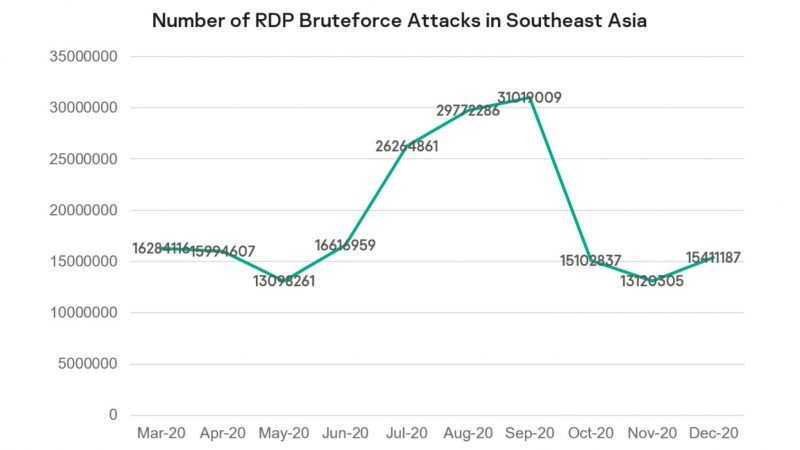Groups to legislators: The present sin tax law takes care of tobacco farmers
Groups are opposing House Bill No. 4144, which aims to amend Republic Act No. 10351 or the Sin Tax Reform Law by introducing a two-tier tobacco tax system to replace the unitary one.
If implemented, the proposed amendment will impose two different tax rates depending on the classification the cigarettes will fall under. The bill seeks to assess P32 against lower tier or cheaper cigarette products and P36 against premium or more expensive brands.
RA 10351 will impose P30 against all cigarette packs regardless of price and brand beginning 2017 with a 4% increase per year.
The proponents of the bill are saying the suggested amendment will be favorable to farmers, a claim which civil society groups now refute.
“The sin tax reform law already takes care of the welfare of the tobacco farmers. There is no need for this amendment. The law specifically provides that part of the revenues that will be generated will be used to promote economically viable alternative livelihoods for tobacco farmers and workers. It is therefore wrong to say that the law does not protect our farmers,” the groups stated.
The groups calling for the full implementation the existing sin tax reform law and the unitary tobacco tax system include HealthJustice Philippines, Southeast Asia Tobacco Control Alliance, New Vois Association of the Philippines, Health Futures Foundation, National Anti-Poverty Commission Senior Citizens Sectoral Council, Confederation of Older Persons Association of the Philippines, ANG NARS, and WomanHealth Philippines.
Advocates said that the tobacco industry is exploiting the tobacco farmers.
“The tobacco industry is clearly exploiting the tobacco farmers to promote its own agenda. If tobacco companies truly care for the tobacco farmers, they will admit that tobacco farming is inherently harmful, and will not encourage this as a form of livelihood in the first place,” the groups pointed out.
According to the The Sin Tax Law and Tobacco Farmers: A Review of the Policy and Implementation of Alternative Livelihood Programs for Tobacco Farmers in the Philippines, a paper published by HealthJustice in 2016, “several occupational risks related to tobacco growing are well known, including green tobacco sickness, pesticide intoxication, respiratory and dermatological disorders, and cancers.”
“Tobacco has no redeeming value. In the Philippines, 10 people die every hour due to smoking-related diseases. The lives and the health of tobacco farmers are endangered every day by the risks of farming tobacco. It is only the multi-million-dollar business of tobacco companies that reaps benefits from tobacco production. Tobacco executives get richer every day, while farmers, smokers, and society suffer. In short, everybody dies while the tobacco industry lives.” the groups said.
The World Health Organization describes tobacco tax as “the most effective approach to controlling the spread of tobacco use is through policies that directly reduce the demand for it.”



